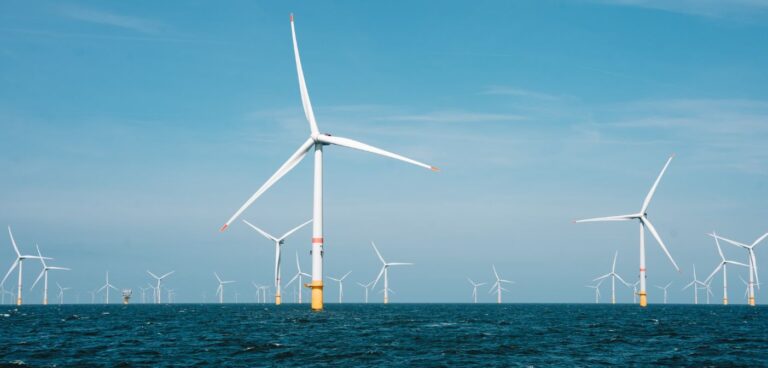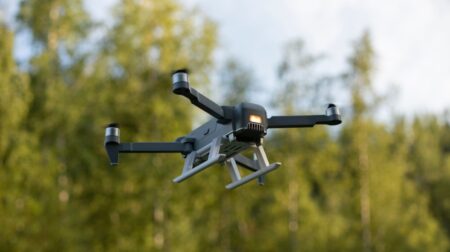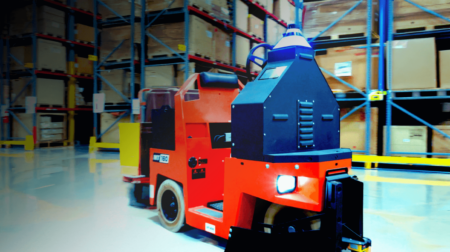The Net Zero Technology Centre (NZTC) has confirmed the Offshore Renewable Energy (ORE) Catapult and National Robotarium as consortium partners for the delivery of the Offshore Low Touch Energy Robotics and Autonomous Systems (OLTER) project.
OLTER is part of the Net Zero Technology Transition Programme (NZTTP) and has been awarded £4.5m from the Scottish government’s £16.5m Energy Transition Fund, which was established to encourage energy transition projects to deliver Scotland’s net zero economy.
The project is expected to be delivered over three years and will be match-funded to £9.6m by industry partners.
The successful development of next-generation recirculatory aquaculture system (RAS) technologies could be hugely beneficial to offshore operations.
The OLTER project will provide the test bed and environment needed to trial and build RAS technologies, with the aim of encouraging the industry to accelerate its adoption of RAS in a coordinated, cross-sector effort.
Dan Sumner, project development manager for ORE Catapult, said: “As we continue to work towards achieving net zero, it is clear that robotics and autonomous systems will be a vital enabler.
“Cutting-edge research and development into robotic technologies for the energy sector is already taking place, right here in the UK.
“We are building a position as a pioneer and expert in this field and the OLTER project will help us to further hone our world-leading expertise.
“The opportunity this presents for Scotland and the UK is significant – across the supply chain we can create jobs, upskill our energy workforce, build export potential and add value to our economy.”
The National Robotarium, which develops and tests robotics and AI solutions, is progressing research and technology developed by the Offshore Robotics for Certification of Assets (ORCA) Hub through OLTER.








